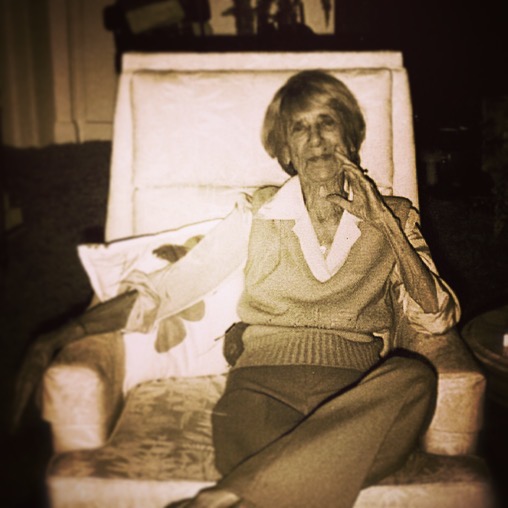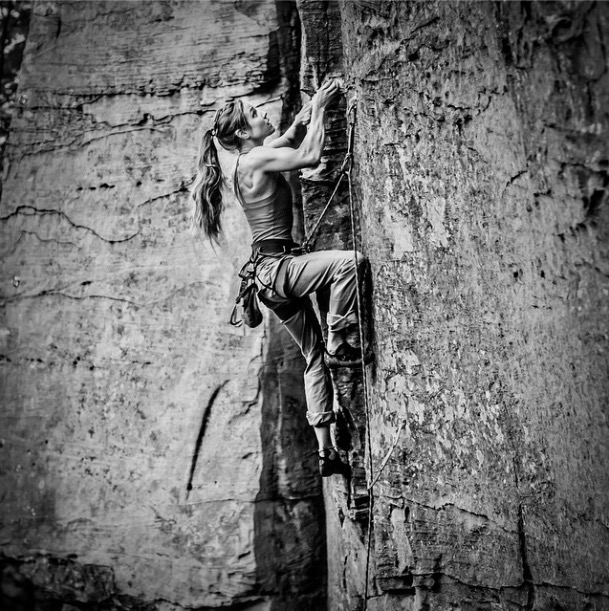
Let
your mind wander
in the pure and simple. Be one
with the infinite. Let all
things take their
course.

Let
your mind wander
in the pure and simple. Be one
with the infinite. Let all
things take their
course.

Those people
who actually realize it just
keep serene and free at all times,
without cravings, without
dependence.

If you find anything
better in human life than justice,
honesty, moderation and courage — if,
to put it generally, you find anything better
than the self-sufficiency of your mind on those
occasions that your actions are compatible with
right reason, as well as when something is allotted
to you by fate without your having chosen it —
if, I say, you’re aware of anything better
than this, turn to it with all your heart
and enjoy the supreme good
you’ve discovered.
But if you find
nothing better than the
guardian spirit lodged within you,
which has brought all your particular
impulses under its control, which scrutinizes
your thoughts, which, as Socrates used to say, has
withdrawn itself from sensations, which has put itself
in the gods’ hands, and which cared providentially for
other people — if everything else turns out to be
trivial and worthless by comparison,
then make room for
nothing else.

As for those who deal with
matters calmly and serenely, who are
in the midst of things without being burdened,
they are among those who have attained realization.
If you say you are unburdened without really
having attained it, you are really only
fooling yourself.
Treatise on Sitting Forgetting

Yongjia said,
“Without leaving wherever you are,
there is constant clarity.” No words come closer
to the truth than these. If you start seeking, then we know
that you are unable to see. Just cut off any duality between
“wherever you are” and “constant clarity,” and make
yourself peaceful and serene. Avoid concocting
intellectual understanding and seeking.
As soon as you seek, it is like
grasping at shadows.